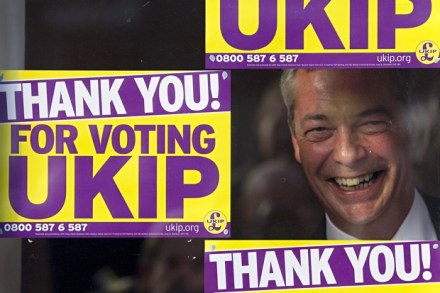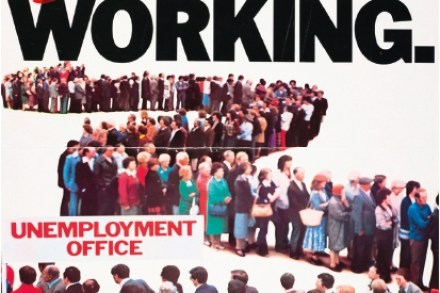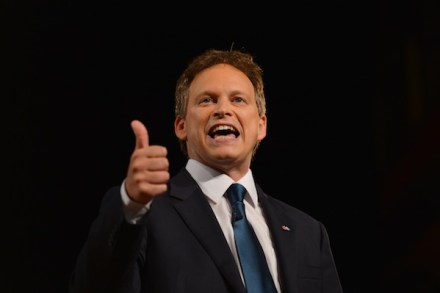Can Tristram Hunt persuade enough MPs to back him for Labour leader?
The Labour leadership candidates are starting to release lists of names supporting them, with more announcements on the way. So far Yvette Cooper and Andy Burnham, who reckon they have 100 names between them, have been the most vocal about the levels of support, and there is some concern in the party that between them they will make it impossible for a ‘modernising’ candidate like Liz Kendall to accrue the 35 names needed to stand for leader. Other MPs are still considering their position, including Tristram Hunt and Jamie Reed. Hunt is, I understand, still trying to ensure he has enough names. There is an assumption that this is because



















